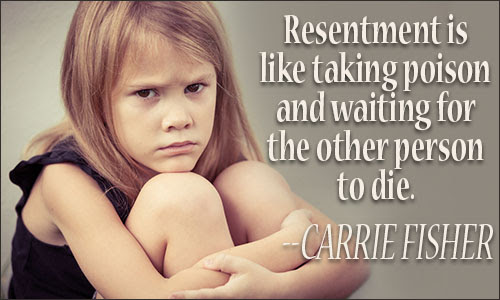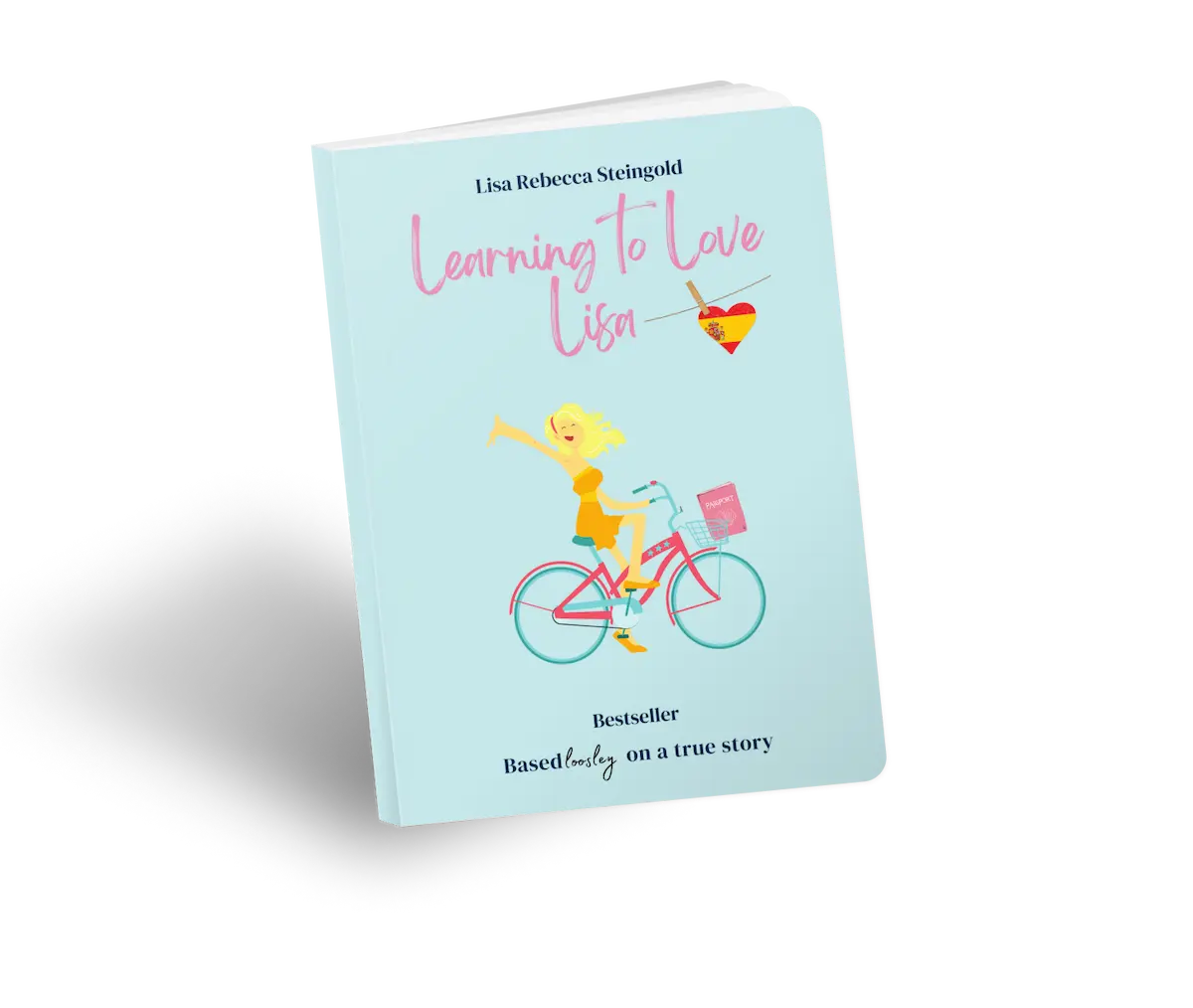I really shouldn’t be writing this article.
I know how to do A LOT of things but saying no isn’t one of them.
N.O. – It really shouldn’t be that difficult. It’s just 1 syllable for goodness’ sake!
But this word has caused me a world of pain in my life.
This is how it usually looks for me
Hey Lisa, could you…. ?
Um, I don’t know if I can, um I’m not sure…ok.
Sound familiar? 😂
It recently occurred to me how often I’m anxious in anticipation of things I don’t want to do. And how often I’m resentful when I’m in situations I don’t want to be in.
NO NO NO
Trust me when I say this is a skill EVERY human needs to learn.
So why can’t I do it? Say no I mean.
There are two incredibly selfish reasons I can’t say no; the first is that I don’t want to let people down and the second is that I don’t want people to think badly of me.
Why is this selfish?
Because inevitably I end up doing things I don’t want to do and then I feel resentful. But instead of saying how I feel, I opt for a passive-aggressive response preferring just to distance myself from the person or put in a snarky comment here and there.
Why can’t we say no?
- The inability to say no can stem from childhood issues when children are taught to be polite.
- Often not being able to say no comes from genuinely wanting to help
- Maybe you’re afraid that if you say no, you’ll jeopardise the relationship
- Perhaps you feel guilty saying no as if you haven’t earned the right to

Lack of boundaries = resentment
This formula is a sure thing; lack of boundaries = resentment.
If you say yes but mean no, you are going against how you really feel. And that can only go for so long before you start to simmer inside.
You have a few options when you’re simmering inside;
- Throw a tantrum (because you’ve kept things bottled inside for so long, it’s a probability.
- Build up a world of anxiety within.
- Continue to simmer whilst silently hating the other person, or yourself, or both.
- See ourselves as helpless and so begin to act more helpless
Resentment is a dangerous thing because its like the smell of wet fish; it just sinks into everything!
Eventually, you can’t even see the good in a situation because you’re so filled with resentment.
How to heal resentment
It’s funny because when I was researching, for myself, some time ago on how to heal resentment, I came across a ton of blogs that offered the advice to be grateful.
I’m not so sure I agree and I would like to offer a different suggestion; then you can reflect and figure out what works for you.
At the core of that stinky resentment, is a part of your crying and desperate to be heard. This is not the time to be grateful, in my humble opinion.
This is the time to really investigate how you’re feeling.
- Where does the resentment come from? (Try to be as honest as you can with yourself)
- If you could do anything in the situation, with no bad consequences, what would you do?
- If you could say anything, what would you say?
This is NOT the time to focus on the good and on being grateful. This is the time to focus on how you’re feeling and exactly what you’re going to do with it.
3 Steps to Solving Resentment
Who wants to dig deep into the icky emotions sitting inside? Me! Said no one ever!
But sometimes it’s necessary. You have to be prepared to go into the swampland and do some self-introspection if you really want to learn to overcome resentment.
This is opposed to not talking about it, being super angry on the inside and even ending up destroying a relationship you tried so desperately to preserve.
Go deep into your resentment
- Acknowledge that you are full of resentment
- Recognize the cause of resentment
- Take responsibility for your emotions
Of course, then you’ll be going into self-forgiveness and forgiveness of the other person. But before forgiveness, or at least adjacent to forgiveness you need some kind of action, which mostly likely involves voicing how you feel to the other person in the situation.
Don’t have a conversation in the heat of the moment
You don’t want to talk from a place of anger, so before having a conversation with the other party, write about it. Journal your little heart out! It’s all about really acknowledging it and getting to the bottom of it!
THEN you can talk about it calmly with the other person.
THEN you can forgive yourself. And them.
This may result in a deeper understanding of the relationship. It may result in a deeper connection.
Or it may result in the other person taking offence, getting angry, turning things back on you or even the demise of the relationship.
Listen up;
You cannot abandon yourself, for another. It is a lose-lose situation.
If you lose a friendship or relationship as a result of wanting to put a healthy boundry in place, then that relationship is not for you.
You also cannot abandon a relationship with someone else simply because you can’t say no or self a healthy boundary. Because trust me life will bring you the lesson in one way or another.
If you lose a friendship or relationship as a result of not wanting to face your own demons, life will bring you someone else to keep showing you the lesson.
People respond to clarity
Put things in reverse for a second.
- Do you like to hang around people with whom you don’t know where you stand?
- Would you want to be friends with someone who says yes but means no?
The answer to the above questions is probably no.
People, including ourselves, respond to clarity.
If you don’t want to do something, the aim is to get to a stage where you can say no and not have it trigger you. Trust me when I say you will get to a time in your life when you can say no and not feel bad about it.
But it takes practice.
Practice saying no
How many times have you said yes when you meant no? If I were to count over my lifetime, I reckon it’d be in the hundreds of thousands. But a while ago, I realised it’s just a matter of practice.
Go the mirror right no and practice saying no. How does it feel? You may laugh because it feels so strange. But it’s just because you haven’t practised it much.
That’s all it is; a habit.
Did you know you can say no and not give a reason?
The thing is when you give reasons for something they’re always open to manipulation. Let me give you a silly example;
Lisa, come out this evening.
No, I’m tired.
But you’ll sleep tomorrow. Come on, it’ll be fun.
But I’m really tired.
When was the last time we all went out together? Come on!
See what I mean?
Versus this conversion;
Lisa, come out this evening.
No, sorry I can’t.
Why?
Because I can’t.
Even if you have particularly pushy people you could even say something like “Sorry I’ve got plans”.
No one needs to know that your plan includes lying on the sofa and reading your book. You’ve got plans and that’s final.
Healthy boundaries are where it’s at
You know yourself. You know what you need. You know what works for you. You know what your values are. You know that life is about giving and receiving.
And you know that no one owes you a thing. Neither do you owe anyone else.
And trust me, this comes from someone who kept paying to go to therapy because she felt bad telling her therapist she didn’t want to continue sessions anymore.
If I tell you I know what you’re going through, I do know.
So how to set boundaries and practice saying no?
Think you can’t say no. You can, it’s just a matter of learning how.
- Practice practice practice.
- Take a breath, or even a day before you respond to something. You don’t HAVE to reply straight away to a message or request.
- Explore why you can’t seem to set boundaries with a therapist.
- Reframe saying no from something bad to something necessary to preserve relationships.
- Be kind to yourself while you’re practising.
Let me know how it goes.
Peace out ✌️
Lisa




